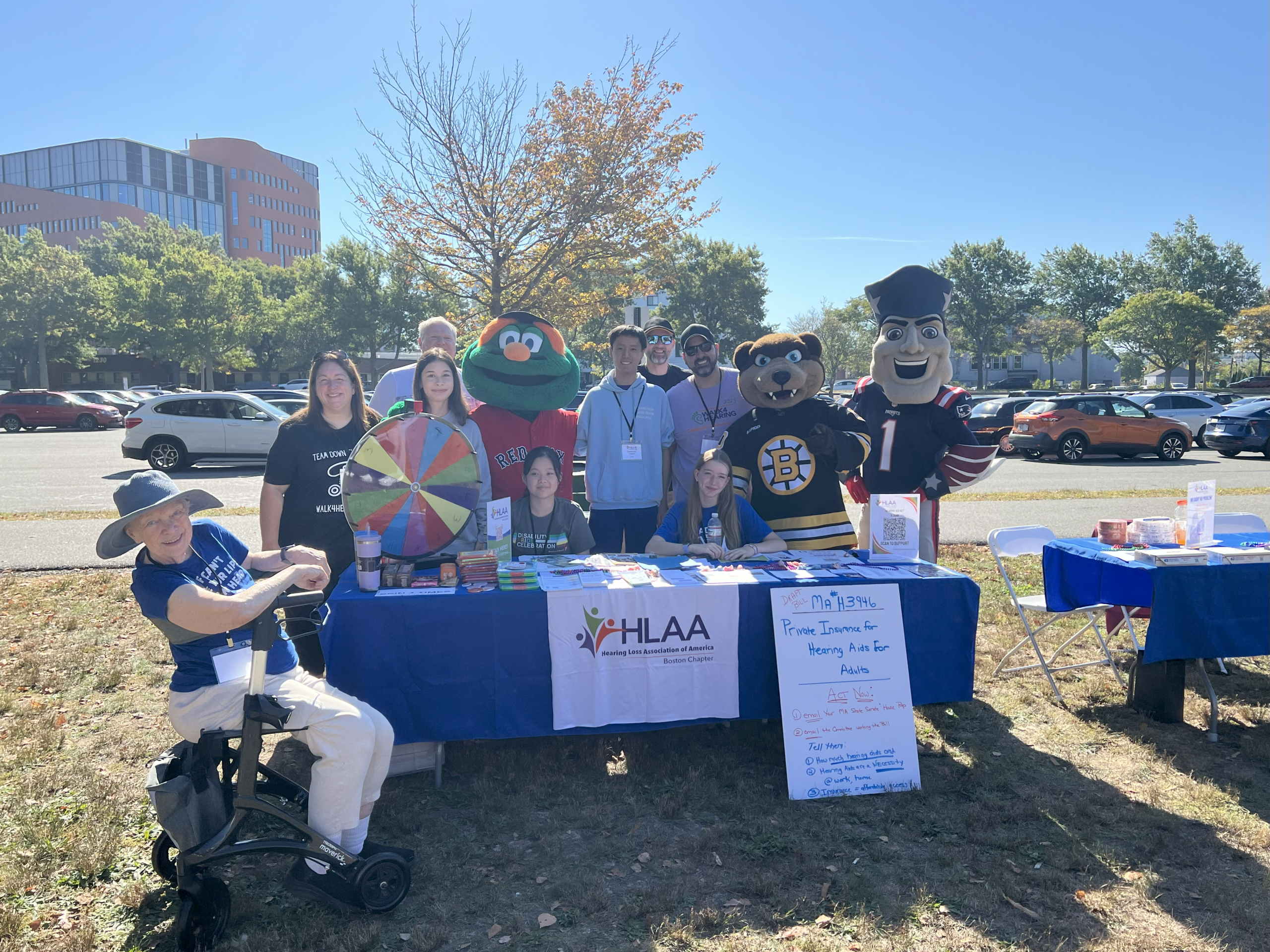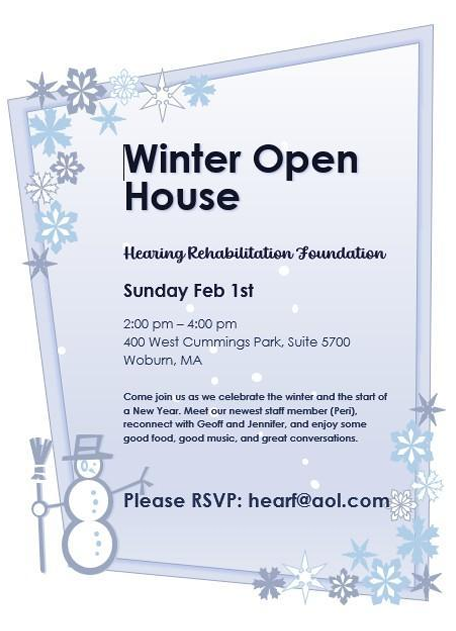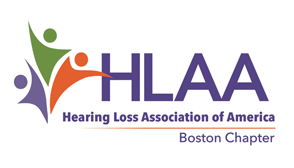Living Well with Hearing Loss can be challenging….
We can help!

Support / Education / Advocacy
Through informational meetings (online and in-person), communications (newsletter, web, social media), accessible events, community outreach, and advocacy we help people with hearing loss communicate better to live more fully.
Join Us!
Donate
Please consider donating. Any amount is appreciated.
Reuse/Recycle
Consider donating old hearing aids.
Upcoming Meetings
- HLAA Website Overviewby Brad McKenna
Brad facilitated a meeting between the American Library Association and HLAA’s Chapter Engagement Coordinator, Melissa Kruse where she gave an overview of the HLAA national’s website. Here’s the recording:
https://www.youtube.com/watch?v=wZWSLXSVnSs - Hearing Loss with Humorby Brad McKenna
The HLAA Southeast Mass chapter meeting on January 24th will feature Liz Olson’s talk “Hearing Loss and Humor.” Email [email protected] for the Zoom link.
- Nov 15: A Life in Music Lost & Found with Betty Hauckby Kerry Sullivan
2pm @ Stonebridge Club, Plymouth MA

- Nov 18: Veterans Hearing Loss Support Group on Zoomby Kerry Sullivan
8-9pm, ET. Register here
Veterans often experience hearing loss due to explosions and gunfire, prolonged exposure to aviation and other noises, ototoxic chemicals, or even traumatic brain injuries (TBI). To help these veterans, HLAA hosts a virtual (online) chapter dedicated to veterans with hearing loss. The group meets the 3rd Tuesday of the month. The November 18, 2025, meeting will focus on “No One Size Fits All: Real-World Tips & Tools for Navigating Hearing Loss.”
Upcoming Events
- Winter Open Houseby Brad McKenna
The Hearing Rehabilitation Foundation is pleased to announce and open house!
When:
Sunday February 1st from 2:00-4:00 PM
Where:
400 West Cummings Park, Suite 5700, Woburn, MA 01801
RVSP: [email protected]
- BU’s Hearing Rehabilitation Groupby Brad McKenna
- HLAA Survey – Tell Us What You Need by 11/30by Kerry Sullivan
Share your thoughts with HLAA!
 We invite you to participate in a survey about your hearing health and use of accessible technology.
We invite you to participate in a survey about your hearing health and use of accessible technology.Whether you have hearing loss, use hearing assistive devices or are simply passionate about hearing health, your responses will help us develop future resources for our nationwide community. Please complete the survey by November 30.

- MGH Online Aural Rehabby Brad McKenna
This free offering runs for 4 Thursdays starting November 13th. Topics to be covered include: How to make the best of your hearing aids, Hearing aid maintenance, Communication Tips with Friends, Family, and Medical Providers, and Hearing Assistive Technologies.
Click here to register: Flyer
eNews
- HLAA Website Overviewby Brad McKenna
Brad facilitated a meeting between the American Library Association and HLAA’s Chapter Engagement Coordinator, Melissa Kruse where she gave an overview of the HLAA national’s website. Here’s the recording:
https://www.youtube.com/watch?v=wZWSLXSVnSs - tACS Study Participants Wantedby Brad McKenna
- U.S. appeals order to use ASL interpreters at White House briefingsby Kerry Sullivan
“The Department of Justice is appealing a federal judge’s order requiring the White House to immediately begin providing American Sign Language (ASL) interpretation at its press briefings when President Trump or press secretary Karoline Leavitt are speaking.”
Read more about this from NPR here: https://www.npr.org/…/white-house-asl-deaf-american…
Email the White House here: https://www.whitehouse.gov/contact/
- Hearing Aid Innovations:by Kerry Sullivan
New and Improved in 2025
Hearing Aid Innovations: What’s New and Improved in 2025Hearing aid technology has taken some big leaps forward in 2025. New features include 3D ear scanning, easier Bluetooth pairing and connectivity, AI-driven enhancements, more personalization, and more.Read more in this article from the Audiology and Hearing Aid Center in Wisconsin.
